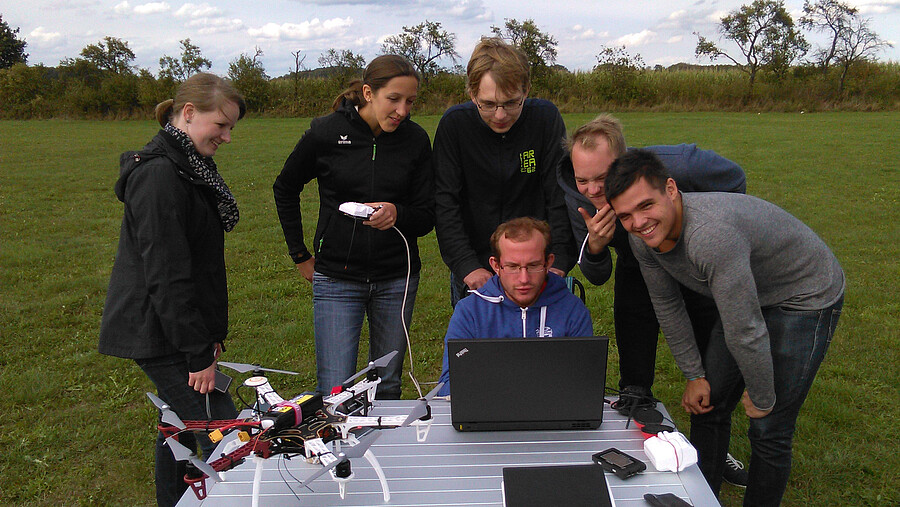Meteorology
(Master of Science)
Profile
Part-time study is optional (not in the 3rd or 4th semester).
German HZB: none
International application: German B2
Find out more
Stay abroad possible, but not obligatory.
Short Description
Students on the Master’s degree programme in Meteorology gain the skills required to conduct research and to apply theory to practice. Students are trained to conduct research in the observation, analysis and modelling of meteorological and climatological connections, as well as to work in the increasingly industrial and commercial job market of weather forecasting and briefing, the power industry, the insurance industry, aviation and aerospace, and environmental and climate protection.
Course Content
- Students can choose their areas of specialisation from the range of courses offered by the institute.
Do you have questions about studying? We are happy to help!

30167 Hannover

30167 Hannover









